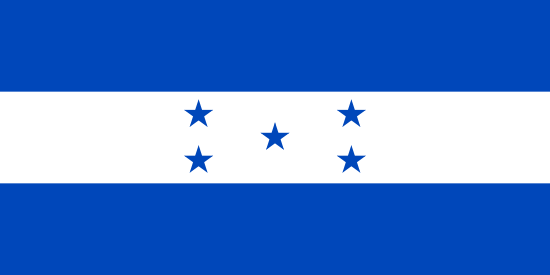
Health Insurance in Honduras, America
Information expatriation
Capital City: Tegucigalpa
Total area: 112,088 km2
Population: 7,106,000
Money: Currency Converter
Time Zone: List of time zones by country
Calling Code: +504 XXX
Practical Information:
Health Product: Travel Insurance and Health insurance
Health Insurance information and Sanitary Risk: World Health Map
BLOG: Expat Health insurance Information
Here is a brief description of the healthcare system in the country:
· Honduras has a mixed public-private healthcare system. The public sector accounts for about 40% of healthcare provision.
· Public primary care is provided through free clinics and hospitals run by the Ministry of Health. Coverage is limited.
· Access to public facilities varies widely between urban and rural regions due to infrastructure and staffing deficits.
· Around 45% of Hondurans have some form of private healthcare plan through employment or direct purchase.
· Private providers play a major role in secondary and tertiary care where they are perceived to offer higher quality services.
· Health expenditure is around 7-8% of GDP but this is mostly out-of-pocket spending rather than public funds.
· There are challenges maintaining healthcare services, medical staff and equipment nationwide, especially in remote areas.
· Health indicators still lag behind regional averages despite improvements - issues include teenage pregnancy, malnutrition, violence injuries.
· Life expectancy is around 75 years but varies greatly depending on socioeconomic determinants.
Here are some key health considerations for expatriates living in the country:
· Purchase comprehensive international medical insurance before arrival. Do not rely solely on public system with major capacity/resource issues.
· Most expats utilize private clinics and hospitals in major cities perceived to offer higher quality care.
· Ensure insurance provides nationwide coverage as public options become very limited in rural interior regions.
· Bring needed prescription medications rather than rely on availability/quality within Honduras' pharmacies.
· Learn basic medical Spanish terms for communicating, especially outside cities where English may not be widely understood.
· Practice preventative measures against mosquito-borne illnesses as conditions allow transmission.
· Road travel caution is warranted - have evacuation contingency if accidents occur on remote routes.
· Register with English-speaking doctor's office knowledgeable about navigating the system if medical issues arise.
· Monitor health advisories regarding any disease outbreaks due to susceptibility in areas with inadequate sanitation infrastructure.
